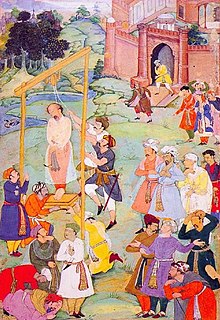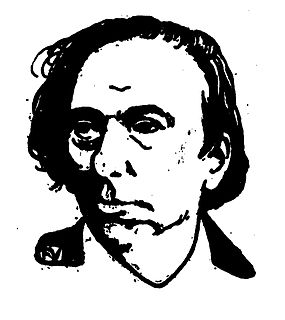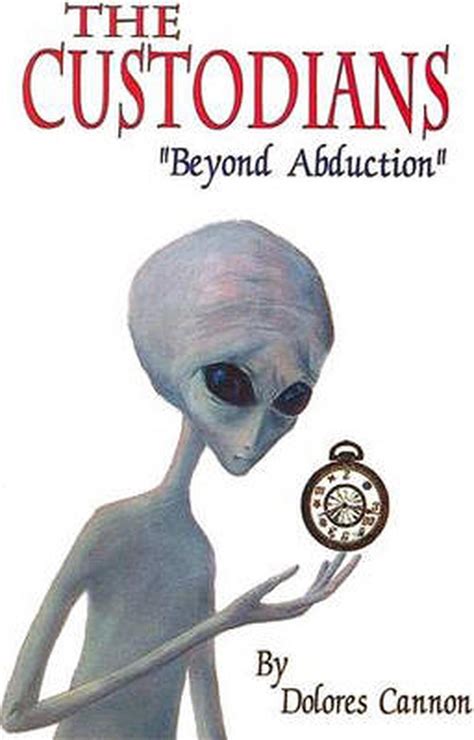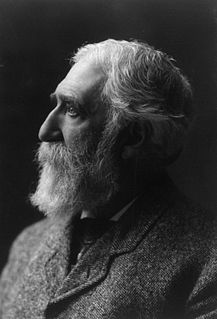A Quote by Robert Musil
And since the possession of qualities presupposes that one takes a certain pleasure in their reality, all this gives us a glimpse of how it may all of a sudden happen to someone who cannot summon up any sense of reality — even in relation to himself — that one day he appears to himself as a man without qualities.
Related Quotes
Love is in the pleasure of possession, but in the Love of Allah there is no pleasure of possession, because the stations of the Reality are wonderment, the cancelling of the debt which is owed, and the blinding of vision. The Love of the human being for God is a reverence which penetrates the very depths of his being, and which is not permitted to be given except to Allah alone. The Love of Allah for the human being is that He Himself gives proof of Himself, not revealing Himself to anything that is not He.
There is no such thing on earth as an uninteresting subject; the only thing that can exist is an uninterested person. Nothing is more keenly required than a defence of bores. When Byron divided humanity into the bores and bored, he omitted to notice that the higher qualities exist entirely in the bores, the lower qualities in the bored, among whom he counted himself. The bore, by his starry enthusiasm, his solemn happiness, may, in some sense, have proved himself poetical. The bored has certainly proved himself prosaic.
Money alone is only a mean; it presupposes a man to use it. The rich man can go where he pleases, but perhaps please himself nowhere. He can buy a library or visit the whole world, but perhaps has neither patience to read nor intelligence to see.... The purse may be full and the heart empty. He may have gained the world and lost himself; and with all his wealth around him ... he may live as blank a life as any tattered ditcher.




































